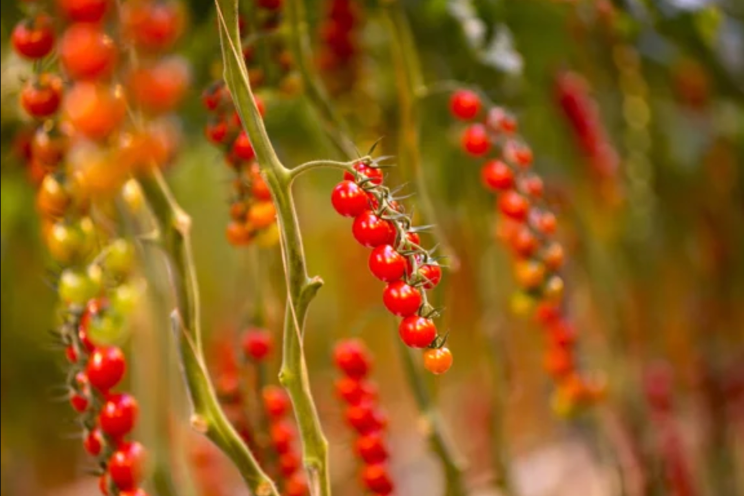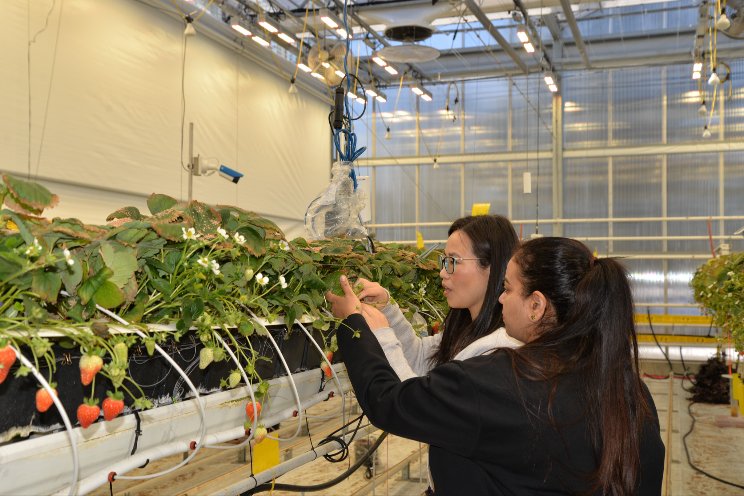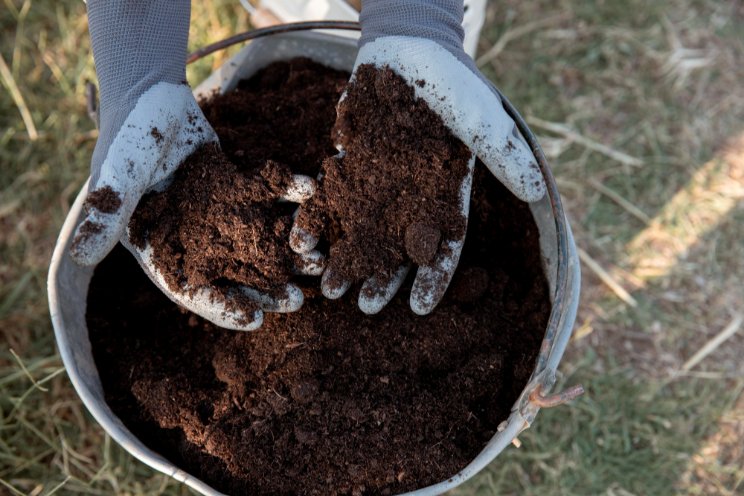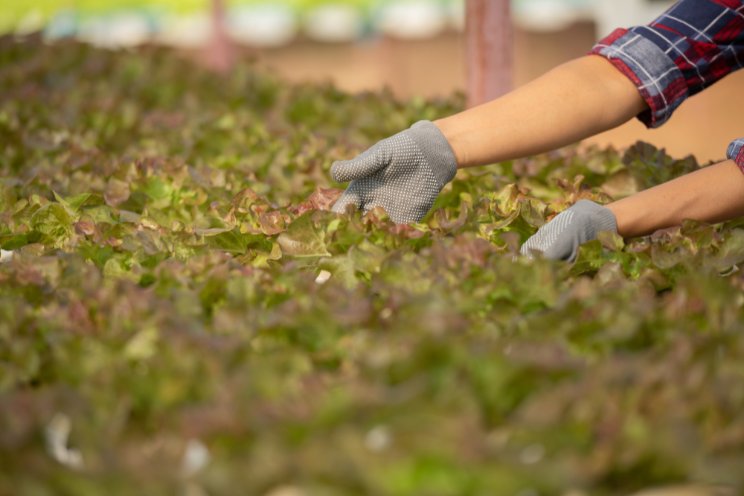Marketing reforms a must for horticulture
Added on 15 May 2020

Evidence has poured in from different regions that the national lockdown imposed due to the Covid-19 outbreak has caused unprecedented damage to fruit (grapes, watermelon, capsicum, jackfruit, mango, etc), vegetable and flower producers.
There is no transport to take harvested crops to the market; farmers have been disposing off produce at throwaway prices. Why is our farm sector not prepared to face this kind of catastrophe?
A study carried out by scholars from Jawaharlal Nehru University using market arrival data of over 1,331 mandis showed a reduction of 94 per cent in arrivals of wheat, 94 per cent in chickpea, 96 per cent in mustard, 59 per cent in potato, 70 per cent in onions and 26 per cent in tomatoes in the first 21 days of lockdown as compared to the corresponding period last year.
This occurred because of the drop in bulk purchases from hotels, marriage halls, temple festivals and others. Household demand fell because of poor purchasing power and disturbance in the supply chain. The sharp drop in arrivals of commodities did not help farmers get a better price in the market. A report says that the market prices of many rabi crops were ruling much below MSP during the last month.
Sunny side
On the other hand, amidst the coronavirus lockdown, reports of farmer producer organisations (FPOs) exploring alternative marketing channels to connect directly with consumers continue to pour in from various parts of the country. For instance, Sahyadri Farms of Nashik, a leading FPO with 1,200 farmers, reportedly sold vegetables and fruits worth over ?4 crore during the lockdown period by establishing a direct link with 57,000 customers.
In a social isolation environment, farmers' collectives such as FPOs can work as the only trusted connect between farmers and consumers. Although many FPOs have been established in different parts of the country with the support of the Union government, more farmers need to be included.
This lockdown provides an opportunity to focus on making the agriculture supply chain robust in all circumstances. Certain well-crafted crucial initiatives need to be implemented on a war footing.
The first and foremost is to enable farmers to sell their produce without any hassles; this is in view of a lockdown scenario wherein transport facilities are curtailed, and given the inability of the vast majority of the resource-poor marginal and small farmers to directly transact at APMC or in other wholesale markets. Therefore, as announced in the Union Budget 2018-19, arrangements should be made to develop and upgrade the marketing infrastructure of all the existing 22,000 rural haats into Gramin Agricultural Markets (GrAMs) so that farmers can sell their commodities without travelling long distances.
Click here for more information.
Photo Courtesy of The Hindu
Source: The Hindu
More news















